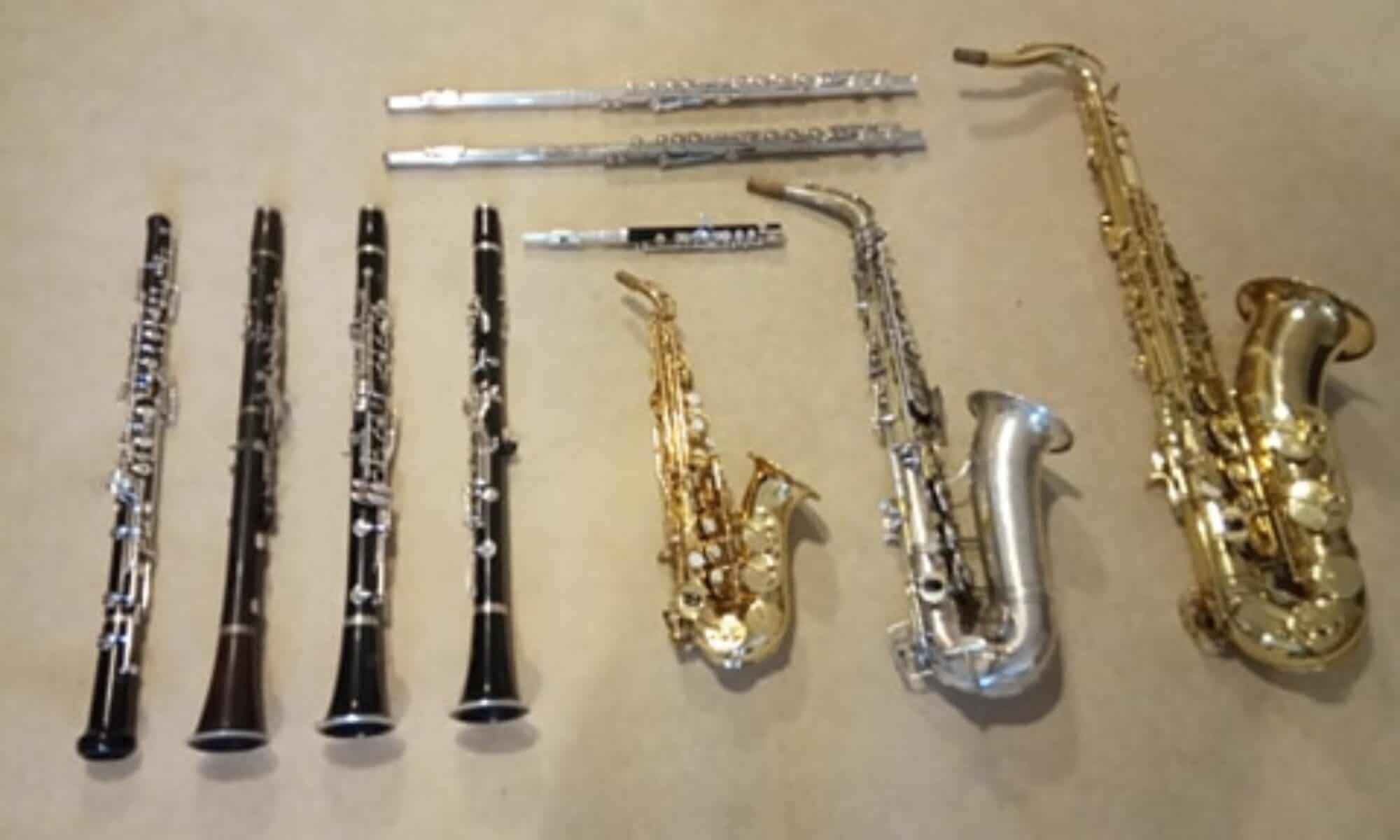Most people who play the sax will think that metal mouthpieces are for jazz players only. But what if you have a metal mouthpiece that you really love but you want to do some classical playing on it? Maybe you do a bit of classical and a bit of jazz but you want to keep the same mouthpiece for both. Whatever the reason, it’s true that you can play classical music on a metal mouthpiece, but will it sound good? I’ll be looking into this and giving some advice on how to do it.
Continue reading “Can I play classical music on a metal mouthpiece?”Does the ligature you use affect your playing?
The mouthpiece of a single reed instrument is one of the most important things influencing the quality of the sound. The ligature is part of the mouthpiece setup, so it makes sense that it would have some effect on the sound, but how big is this effect? Is it worth investing in a nice ligature, which can, in some cases be close to the cost of a mouthpiece, or is it not worth the money?
Continue reading “Does the ligature you use affect your playing?”What is the hardest scale to play on flute?
When you do grade exams on the flute, you have to learn loads of different scales and get tested on just a few of them. Some you’ll find harder than others and there might be particular ones that you hope will come up in your exam, as well as a few you really hope won’t. The scales you find easiest and hardest will, of course, vary between players, but there are definitely some that are harder than others.
Continue reading “What is the hardest scale to play on flute?”What is the origin of the word “oboe”?
Plenty of people know what an oboe is and can tell you it’s called an oboe, but not many know why it’s called an oboe. The word doesn’t give any obvious clues, we’ve just been taught to associate it with the instrument. It must have come from somewhere, though, and so I’ve decided to find out where it came from, as well as when and why.
Continue reading “What is the origin of the word “oboe”?”What is the origin of the word “Clarinet”?
If you ask someone what a clarinet is, they will most likely be able to tell you, or at least know that it’s a musical instrument. But it’s unlikely that they’ll be able to tell you how and why it got its name. There isn’t an obvious clue in the name, so I decided to look into its origin. I found some interesting information out along the way that I’ll share in this post.
Continue reading “What is the origin of the word “Clarinet”?”Why does my instrument sound bubbly when I play it?
As a woodwind player, you might find that sometimes you blow down your instrument and it makes a bubbly sound when a certain key (or multiple keys) is pressed. This can be frustrating, especially when it happens without warning while you’re in the middle of playing. However, there are things you can do to help prevent this, and also things you can do to get rid of it once it’s happened.
Continue reading “Why does my instrument sound bubbly when I play it?”Why is it so Difficult to Get a Sound out of the Oboe?
If you’ve ever tried to get a note out of the oboe, you’ll have some level of understanding of how difficult it is. You blow down the reed and nothing happens unless you really push all the air you possibly can into it. The note that comes out when you do this is inevitably horrible, so how do oboists get to the point where they can make a nice sound? There is such a small opening that it seems almost impossible to achieve.
Continue reading “Why is it so Difficult to Get a Sound out of the Oboe?”What is the Easiest Woodwind Instrument to Sight-Read On?
If you’re learning an instrument with the intention of joining a band, it’s likely that at some point you’ll need to do some sight-reading. I find sight-reading harder on some instruments than others and wanted to look into whether that was personal preference or whether some were actually thought to be more difficult than others.
Continue reading “What is the Easiest Woodwind Instrument to Sight-Read On?”What is the Best Flute Book for Adult Beginners?
Most people that start learning an instrument for the first time are children, so most beginner music books are aimed at children. If you’re an adult beginner, you might find learning from a book designed for kids a bit grating. I had a look at the books you can use as an adult beginner that are not directed towards a younger audience. I’ll list some here and talk about what’s good about them.
Continue reading “What is the Best Flute Book for Adult Beginners?”How Similar Was the Original Saxophone to Today’s Design?
Today, there are lots of different pitched saxophones – the main ones being soprano, alto, tenor and baritone. But I always assumed there must have been a first saxophone, that the others developed from. I always wondered whether any of the saxophones we still play are the same key as the original one, or whether the first was in some other key.
Continue reading “How Similar Was the Original Saxophone to Today’s Design?”







